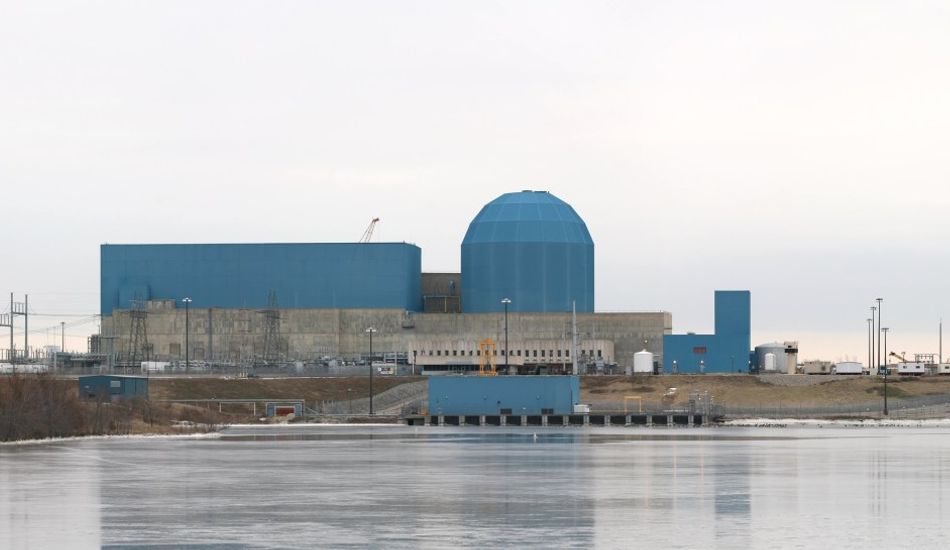
Meta Invests Billions in Nuclear Energy
Meta has made a significant investment, reportedly in the billions of dollars, to ensure the continued operation of the Clinton Clean Energy Center, a nuclear power plant in Illinois, until 2047. This isn't about directly powering Meta's data centers; instead, the deal focuses on acquiring the plant's "clean energy attributes." This strategic move is a carbon accounting strategy aimed at reducing Meta's overall environmental impact, preventing potential emission increases rather than directly reducing existing emissions.
A Lifeline for Nuclear Energy?
The agreement with Constellation Energy, the plant's operator, will aid in the re-licensing process and guarantees a buyer for the plant's output for the extended license period. This substantial investment comes at a time when the nuclear power industry has faced challenges from cheaper energy sources. However, the rise of AI and cloud computing has created a surge in energy demand, leading tech giants like Meta to explore alternative energy solutions, including nuclear power. While the exact financial details remain undisclosed, the deal effectively replaces existing subsidies, ensuring the plant's continued operation without relying on ratepayer support.
A Growing Trend in Big Tech
Meta's investment reflects a broader trend among large technology companies embracing nuclear power. The company recently solicited proposals for the construction of new nuclear power plants, receiving over 50 qualified submissions. This proactive approach demonstrates a commitment to exploring sustainable energy sources to meet the growing energy demands of the tech industry. The deal with Constellation follows a similar agreement between Microsoft and Three Mile Island, highlighting a growing partnership between Big Tech and the nuclear energy sector. This collaboration suggests a potential shift in the energy landscape, driven by the needs of the tech industry and the potential benefits of nuclear power in combating climate change.
Source: TechCrunch